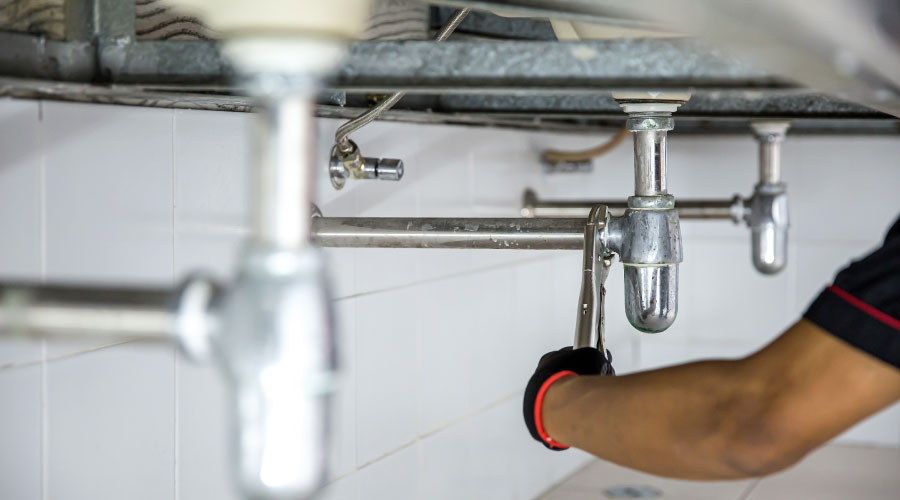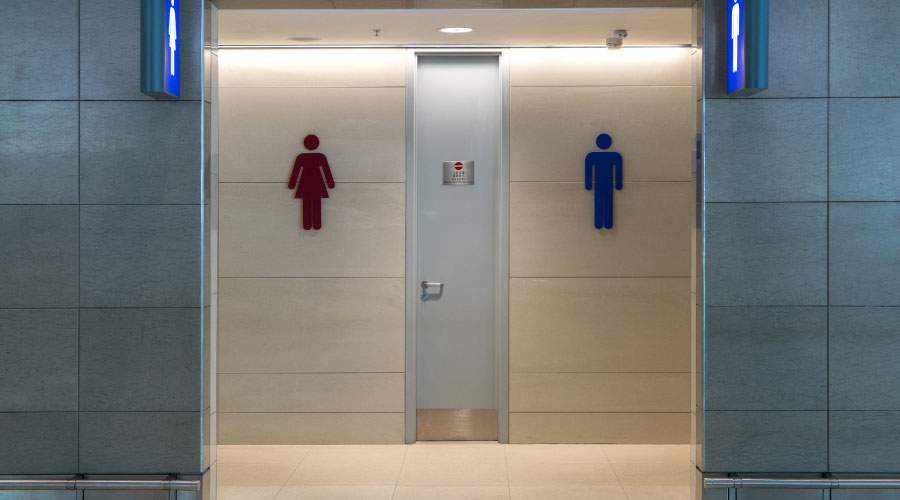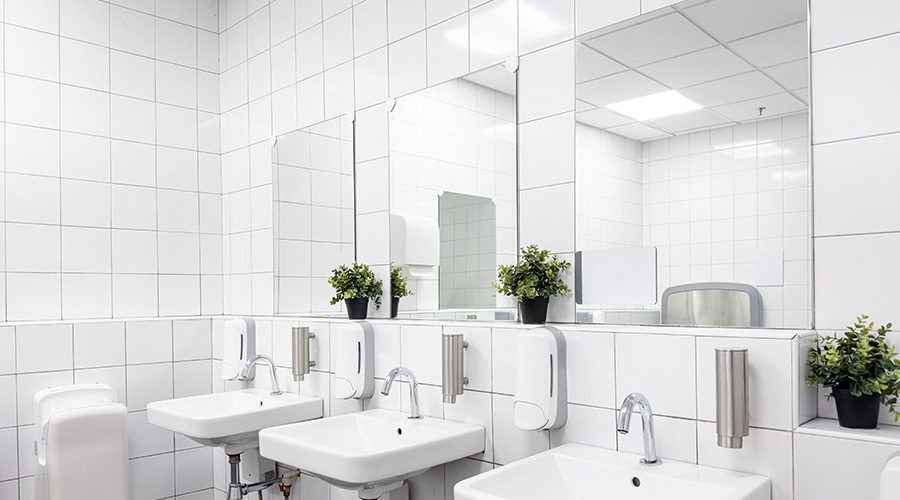Caesars Palace Targets Largest Paybacks in Water-Conservation Efforts
Part 2 of a 3 part article on water-saving efforts at Caesars Palace
To curtail water use and generally minimize the environmental impact of its properties and operations, Caesars Entertainment developed the CodeGreen strategy, a program designed to reduce overall resource use. This multi-year, organization-wide strategy focuses on water conservation and reduction, energy use, and waste-management programs.
Among the first steps when Caesars Entertainment launched its water-conservation efforts in 2007 was to target the systems and components throughout its properties, including Casears Palace, that would yield the largest paybacks from an upgrade.
"We prioritized based on the biggest bang for the buck and the need at the specific property," Morris says. "Some of the major projects we’ve done are low-flow showerheads, aerators and fixtures. We also upgrade about 14,000 units and another 6,000 that were property-specific driven using low-flow fixtures. Caesars Palace also has started putting in dual-flush toilet fixtures in the public areas, along with low-flow products. We’re also (installing) 0.5 gpm aerators on faucets in public restrooms."
While plumbing systems and restroom fixtures tend to attract the most attention in facilities looking to curtail water use and hold down utility costs, mechanical systems also can offer managers substantial opportunities.
"Cooling towers are one of the biggest opportunities, making sure that you’re increasing those cycles (of concentration) through a good water-treatment program," Morris says. "That can be a huge (water) savings."
"We’re also going through a retrocommissioning effort systematically through all our properties, which involves toing into the buildings mechanical and HVAC systems to look at how they’re operating and what their capabilities are and what the building is calling for and what it was originally installed and intended to deliver. So we’re conducting studies that we develop onto capital projects. We’ve also upgraded by putting in new chillers, VFDs (variable-frequency drives) on pumps and fans. On the HVAC and cooling tower side, it’s saving a significant amount of water."
Mechanical systems are not the only applications for VFDs that can produce water savings in facilities. The famous fountains at Caesars Palace also came under scrutiny for water waste.
"We’ve installed VFDs on the fountains, so if wind is picking up, those can shut down," Morris says. "They’re actually programmed for a variable height, depending on wind. At a certain level, they’ll just shut those (fountains) off to make sure we’re not spraying it right out of the pool."
One other major component of water-conservation efforts at Casers Palace is minimizing the huge demand from the thousands of plants and flowers in and around the hotel, casino, and other high-profile space.
The challenge is minimizing the need for water still preserving the aesthetic benefits of plants and flowers. The solutions include both plant selection and equipment upgrades.
"Being in Las Vegas, we’re trying to do as much drought-tolerant landscaping as we can," Morris says. "Most of the places have moved toward drip irrigation systems instead of spray. In fact, most properties are pretty minimal on irrigation. We’ve also used some fake plant throughout that you wouldn’t really notice."
Related Topics:














